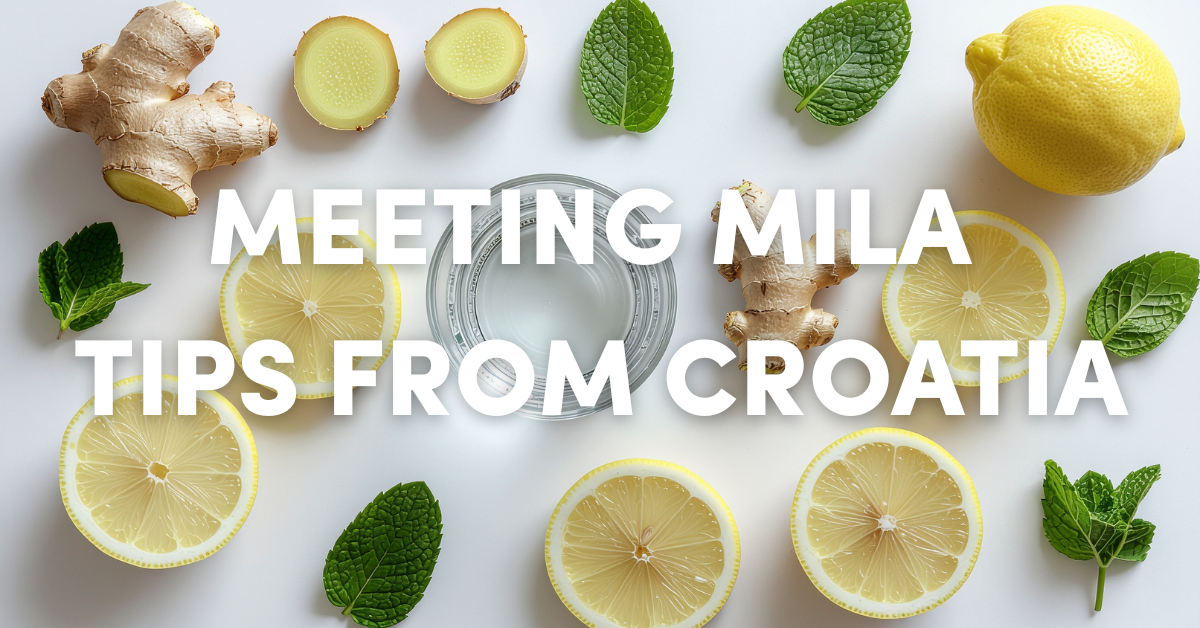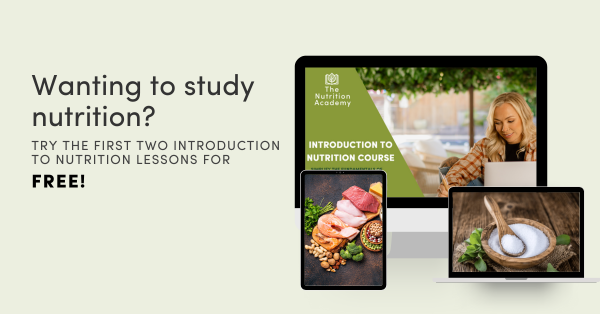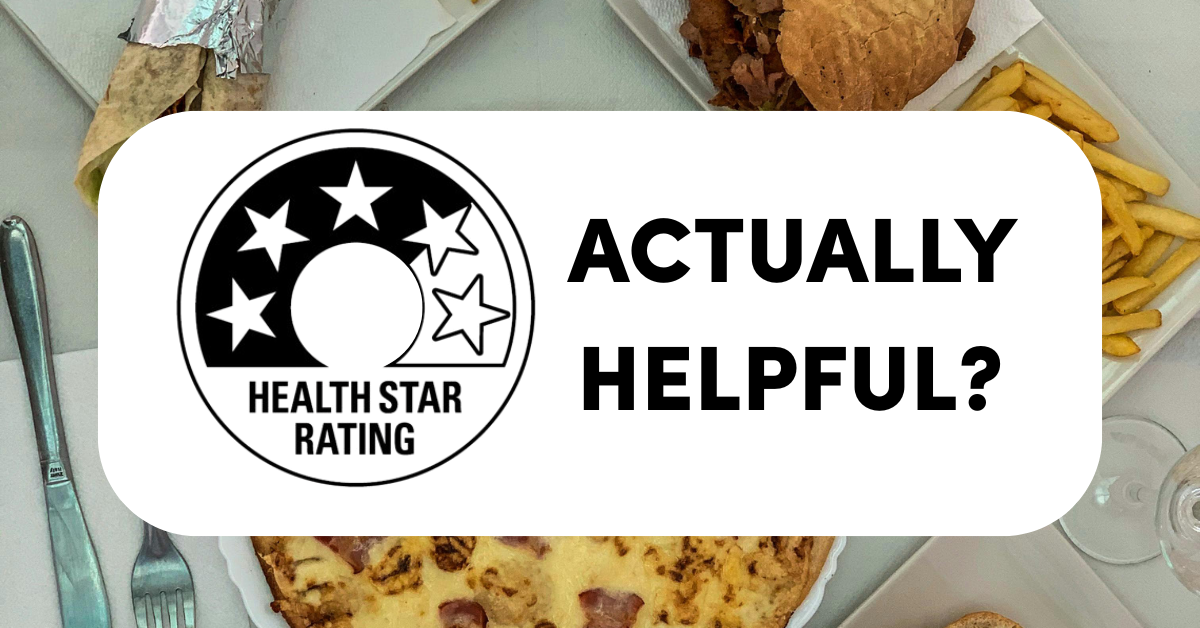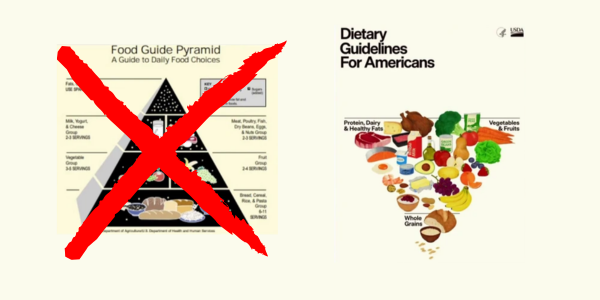



Last week I went to visit my brother in The Blue Mountains. Every day we hiked the glorious walks of the area, my favourite was the Grand Canyon track. It was a wonderful week. My brother likes to eat like me; quality real foods made from scratch with the family surrounding the dinner table.
I drove rather than flew as I was part of a farming conference at Picots Farm near Warwick the following weekend. I figured by driving I could visit my brother, do my talk then hike the Scenic Rim on my way home. The conference was fabulous. My job was to inform the farmers of how important their work was in making sure the soil is rich in nutrients and ecology to deliver superior products to the consumer. I wanted them to understand the state of the health of Australian children and adults alike. One of the organisers said that “I poked the bear”, hopefully in the right direction to do the right thing and grow food regeneratively and without harmful chemicals.
I had a morning to go and explore Warwick before the conference started. It was a Sunday and not much was open, except for a gardening place that had a café in the back.
I ordered the fresh juice of the day, beetroot, apple, and orange.
I took the first sip, then the second, I let it sit in my mouth for a bit and noticed an unusual aftertaste, this was when I knew something wasn’t quite right with this ‘fresh’ juice – when you eat cleanly you can taste an additive immediately.
I took the drink back to the counter and asked if they had put any sugar syrup or used concentrates to make the fresh juice. The girl who served me said no but then told me that they used tinned beetroot, I asked if I could see the tin they used.
After a few minutes, she brought the tin out to me and was reading the nutritional part of the label letting me know that it only had a small amount of sugar. Not one to let an opportunity slide to educate, I told her it would be better if she read the ingredients for a true understanding of what was in the beetroot. The ingredients listed as; beetroot (61%), water, sugar, salt, acidity regulator (food acid), flavour. The company proudly announces that the beetroot is Australian grown, packed in Echuca, naturally low in fat and had a four-star rating. Personally, I wouldn’t even give it one star, but that’s me.
I kindly let her know that I wasn’t happy with being deceived and she immediately gave me my money back. She was just a young girl and I think even she was surprised about the ingredients.
Are All Fruits and Vegetables Healthy?
There has been a push and campaign in Australia during the month of February for people to eat more vegetables, (tinned beetroot might be out); billboards around are to declare vegetables are “better than you remember”. This is being put out by Outdoor Media Association in partnership with Health and Wellbeing Queensland and Nutrition Australia.
It’s a sad affair when the statistics show only 8% of adults and 5% of children eat the recommended allotment of daily vegetables. The standard dietary guidelines have always pushed a grain-filled diet of breads, cereals, crackers, and pastas; it’s only in the last decade that these guidelines have changed to show an even portion of grain and vegetables on the Healthy Eating Plate – about 60% in total.
While I am so happy to see some sort of advertising happening around healthy eating, there are some considerations that need to be made; mainly the reasons that ‘modern’ fruit and vegetables (along with majority of ‘food’ on supermarket shelves) are in fact worse than they once were. But first, let’s talk about the great things about this campaign.
Boostyourhealthy.com.au is a wonderful resource of information regarding the health benefits of eating vegetables, which is part of the Queensland Health campaign. They are not there to sell anything, just give information. There are some wonderful recipes with, for the most part, quality ingredients (as opposed to ultra-processed foods) and some wonderful tips on how to use vegetables. My favourite part of the website talks about local produce and growing your own foods.
I am hopeful the campaign will encourage people to read the content and understand the importance of going back to all real foods, not just vegetables, and get back into the kitchen to feed and nourish their families to heal this nation.
I was disappointed that they did not address modern agricultural practices with regards to growing vegetables, although I suspect that they did when they talked about buying from farmers’ markets. This is where you will find a farmer you can talk to and grill them on their farming practices and uses or no use of chemicals.
This project is to make sure all Australians pick up their vegetable intake, so when people start talking organic, many believe it is too expensive and there may be some alienation. I suspect this may be the case with the government website.
What to Do When Organic Is Too Expensive?
But organic is not the only alternative and good farming practice, there are many farmers who grow their food without chemicals and concentrate instead on the quality of the soil to produce nutrient-dense foods. Most food we buy on weight, but imagine if we could purchase food based on nutrient quantity and quality. When you eat quality food you satisfy the body’s nutrient requirements reaching satiety long before someone who eats ultra-processed foods and/ or poor-quality produce.
When I was speaking at the farming conference, I told the farmers what happened to their food after it left their land. Sterilisation of many foods with nature seal (don’t be fooled by the name); this sterilisation is not only happening to leafy greens but many other fruits and vegetables as well. The soil-based microbes being stripped away during sterilisation processes are part of helping inoculate our own microbiome as well as our digestion of plant foods. The sad thing is that many modern soils are devoid of a good ecology and many of the microbes in the soil are pathologic to humans and resistant to herbicides (like glyphosate). This means they inflate the numbers of pathological microbes like listeria, salmonella and e-coli have created a dysbiosis in the soil; and by creating this dysbiosis we now have a need to sterilise all food to make sure there is no food poisoning from listeria, salmonella, and e-coli. If we used regenerative farming practices, there would be no need for this step of sterilisation.
The gamma irradiation of all fruits and vegetables prompted by the Department of Agriculture (QLD) and approved by FSANZ for complete sterilisation of all microbes throughout the whole food (not just the surface and including sterilisation of the seeds), seems to be another show of our complete disregard for the importance of healthy soil-based microbes and how they have been part of the human eating experience for as long as humans have walked the planet. The fact is we live symbiotically with these microbes and cannot live without them.
This process adds perceived value to the consumer. For example grain in breakfast cereals; after it has left the farm, stripped of all goodness with synthetic vitamins and mined minerals as well as adding flavours, colours, fillers, binders added back in, extruding the grain within an inch of its life. Other ways added perceived value occurs is in the tinned vegetables as I explained previously with the beetroot. These added values mean that the grain or vegetable can be purchased from the farmer at a basic cost, then by adding value the food can be priced at exorbitant amounts without it being healthy for you. It’s a rort! 1kg of wheat is purchased from the farmer at approximately 32 cents then breakfast cereal makers do their magic and sell the wheat degraded and processed and extruded with additives at a price of $5.00 for 1.2 kg for Wheet-Bix, Froot loops at $5.00 for 285gms, Sultana Bran $5.30 for 420gms, All Bran $4.85 for 420gms and the list goes on and on.
With regards to beetroot, the farmer gets $2.90 per kilogram and the company who cans the beetroot and adds the sugar, salt, flavour, and acidity regulator sells 425gm for $2.00. This isn’t as big a profit margin as wheat and perhaps that’s why we don’t see advertising for tinned vegetables, but we see lots of advertising for breakfast cereals.
The farmers at the conference cared for their land, they were working with regenerative coaches to improve their land so that they could produce the best seed, fruit, vegetable, grain, meat, egg, and dairy. They were horrified (poked the bear) of what was happening to their food once in the hands of industry and food manufacturers. They sold their food as a commodity rather than nourishment for their consumer. I implored them to find a way to bring this food in its whole form back to the consumer.
When you are choosing your vegetables for your meals, perhaps have a thought as to finding the best quality vegetable you can find. Take it one step further than the campaign, not only start eating more vegetables but start looking for nutrient-dense vegetables and with the addition of those vegetables, watch as you and your family’s health changes for the better.
And to go one step further is to start growing your own food. Start with herbs, then lettuces and tomatoes and then onto potatoes and sweet potatoes, all of these and more grown in quality soil will fulfill your vegetable needs.
Cyndi O’Meara




Head on over to YouTube to see our longer form videos.
↳ follow the link in our bio

Can you believe it`s as simple as getting out into the sun, breathing fresh air, drinking clean, filtered water and eating natural foods? Forget pills, rigid routines, hour-long HIIT sessions, and bingeing superfoods. Just follow the fundamentals for good health.

Finished your meal but still hungry? Give leptin thirty minutes to work its magic before you decide to keep eating.

Has The Nutrition Academy changed your health? Tell us about it below!

Reach out to us via email admin@thenutrition.academy, give us a call 0421977604, or shoot us a DM if you`re interested in learning more about The Nutrition Academy.

Watch the full video of Cyndi creating sauerkraut on our YouTube channel! Head over there now!
↳ follow the link in our bio

The polyphenols found in delicious vegetation like berries, peppercorns, cocoa powder and olives, boost the antioxidant enzymes in your body, calming inflammation, supporting blood vessel function, and feeding beneficial gut bacteria. It may surprise you that we eat a compound which is meant to `deter` pests, but humans love to eat anything sour or bitter.

Sometimes, we can`t help what life throws at us, but we can take strength in reacting proactively and making decisions that align with our values no matter what, ensuring we reach a desired outcome. When was a time you were proud of yourself for adjusting your sail and keeping moving? Let us know below!

Come back on Thursday to watch Cyndi make sauerkraut and show you just how easy it really is.

Our course is not like others you see online. It`s written by a well-respected biomedical scientist professor at the University of Tasmania and packed full of information from varying sources to educate you on a huge range of topics. To learn more, read about it on our website!
↳ follow the link in our bio

If you`ve ever turned to the internet for health advice and found yourself overwhelmed and bombed with contradictory advice that wouldn`t work for you in practice, turn off the noise. There`s a flexible, realistic and life-changing option for you.
Learn about being a locavore and get the opportunity to study more about ancestral eating, human anthropology and nutrition science with Cyndi O`Meara. Join us on Monday 23rd at 7:00pm AEST. Sign up here: https://us02web.zoom.us/meeting/register/v16VmuY1SSekNyO5btTbdA

Do you have Doctor Merriment, Dr Sleep and Dr Diet in your life?
